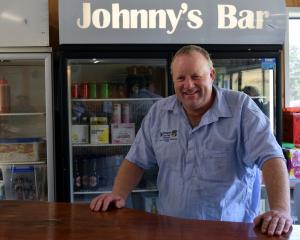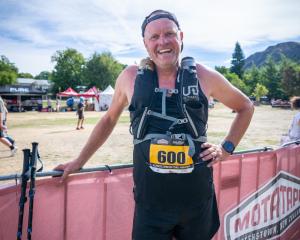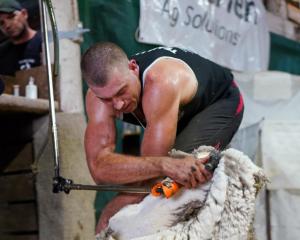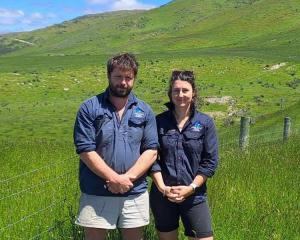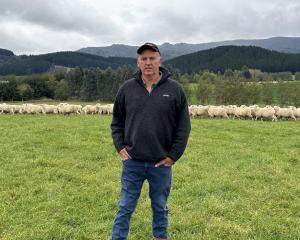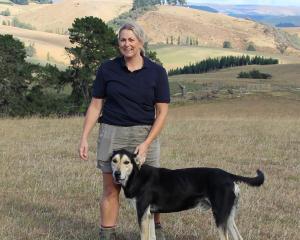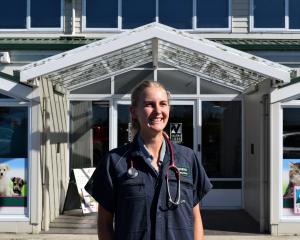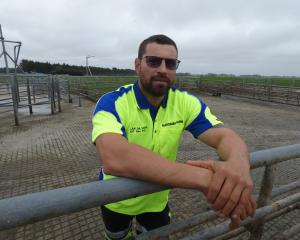
Ms Jones was in New Zealand last month as part of her Nuffield Farming Scholarship international travel, and to promote her United Kingdom ''Just Farmers'' programme, which aims to get everyday farmers media savvy enough to explain farming practice to media outlets when required.
She was guest speaker at Foundation for Arable Research (FAR) Women in Arable meeting last month at the Hotel Ashburton.
Ms Jones' parents were the both fifth generation of farming families. They ran a 100-acre (40ha) sheep and beef property on the border of England and Wales.
She started journalism in her early 20s, after university.
But after chasing hard news stories like crime, coroner's court and emergencies for four years she was keen get back to her roots.
''I knew I didn't want to be a farmer, I wanted to be a journalist and I started looking for ways to combine those two things.''
In 2006, she started with the British Broadcasting Corporation (BBC) on Country File, similar to New Zealand's Country Calendar programme.
It was on ''in a very sleepy Sunday morning slot with 1.6 to 2million viewers'' but in 2009 it moved to prime time Sunday night and now had between eightmillion and ninemillion viewers.
During her time on the show, she ''honed my craft as a programme maker'' and she noticed a rural-urban divide with ''deep seated bias from both camps'' and a real lack of understanding between them.
''It was a real locking of horns there, between my two worlds.''
It set her off on an international research trip through her scholarship to learn more, starting in Kenya.
She said three-quarters of the people in Kenya had some sort of connection to farming.
''It's fundamental to Kenya's culture and that was mirrored and reflected in its media coverage, too.
''... it is the media very often stepping into the breach (left by government and a lack of extension services) providing farmers with practical advice on how to better their productivity and efficiency.
''So the media is a trusted friend.''
The disconnect she noticed in the UK was more a condition of Western society, where ''our pockets are deep and our bellies are full''.
She went to Denmark, France, Belgium, Ireland and the United States.
There was a lot of discourtesy between rural and urban groups that did not understand each other with ''deep seated prejudices on both sides, that are colouring their view of each other''.
She said modern farming practices worked out how to feed the masses, for less cost but ''we were so focused on that and doing it well that we forgot to take the public on that journey with us, and we hid agriculture away and how food production was changing away''.
''The public didn't mind then. Food wasn't trendy.''
But secretive filming, animal rights groups, social media and protest groups were unhelpfully now driving this ''disconnect'' further.
She encouraged farmers to be open, and upfront, about their farming practices and to help, had launched ''Just Farmers'', with interested farmers, who were open to sharing information.
Then gave them media training along with some urban experiences, such as dining out vegetarian or vegan.
The farmers were from a mix of farm industries and their involvement meant journalists could call them for comment when a farmer response - or a human interest story example on the ground - was needed in media coverage, which could be ''really hard to find''.



